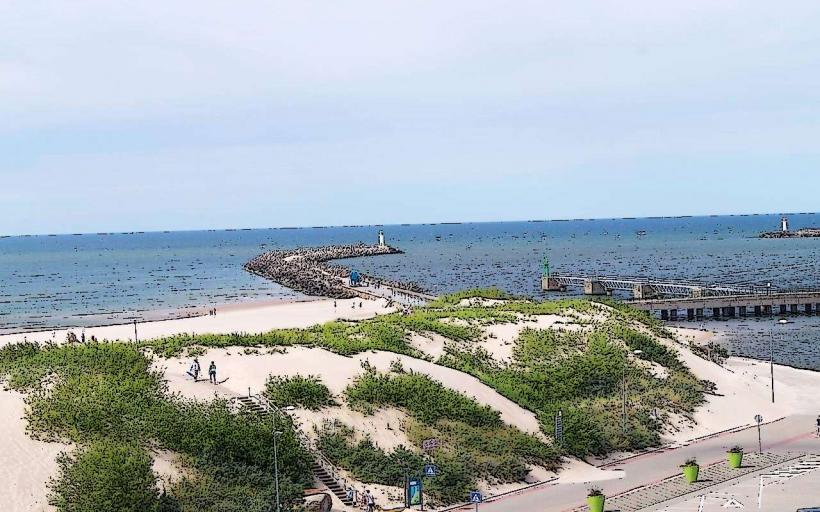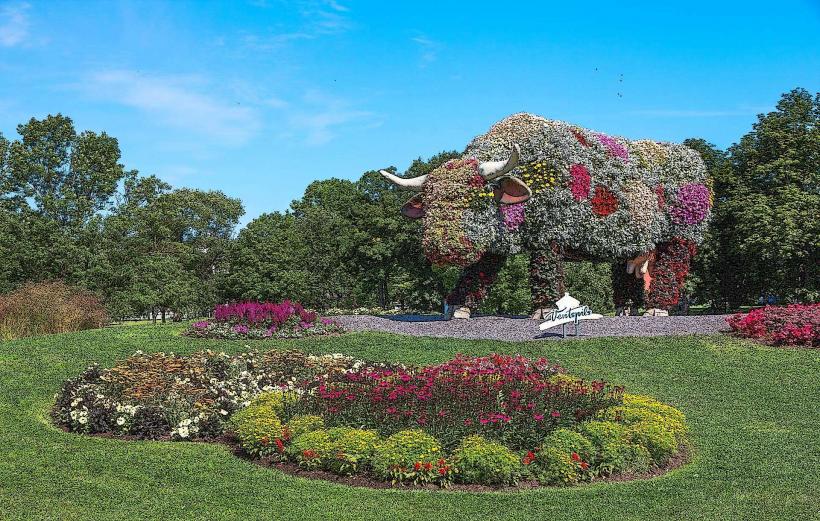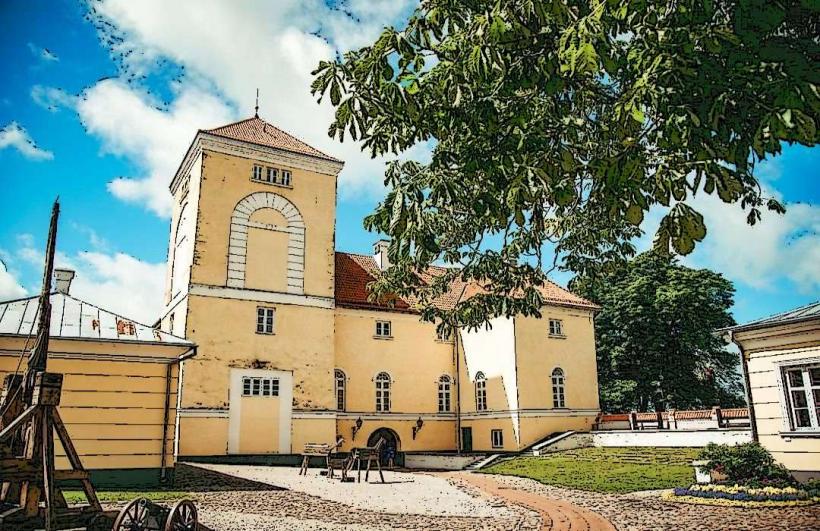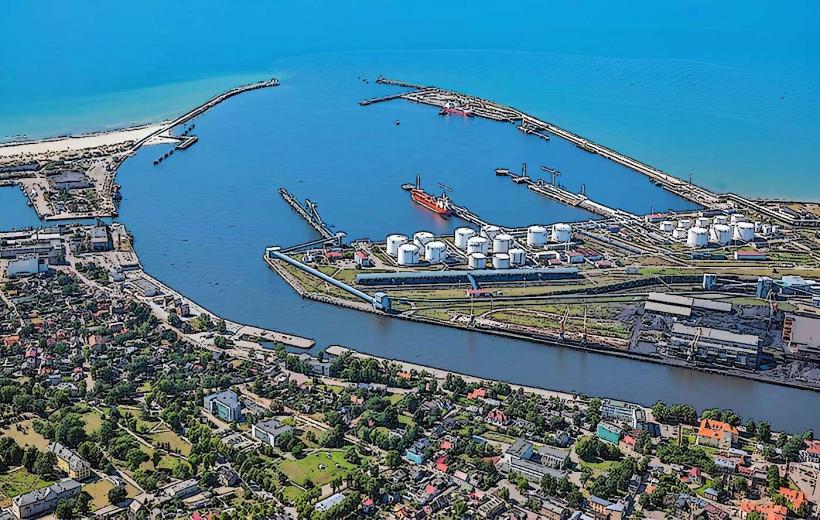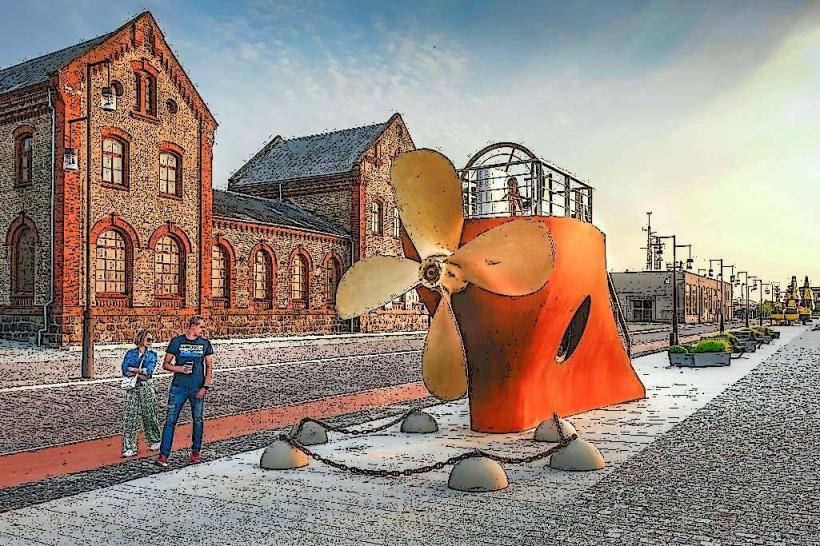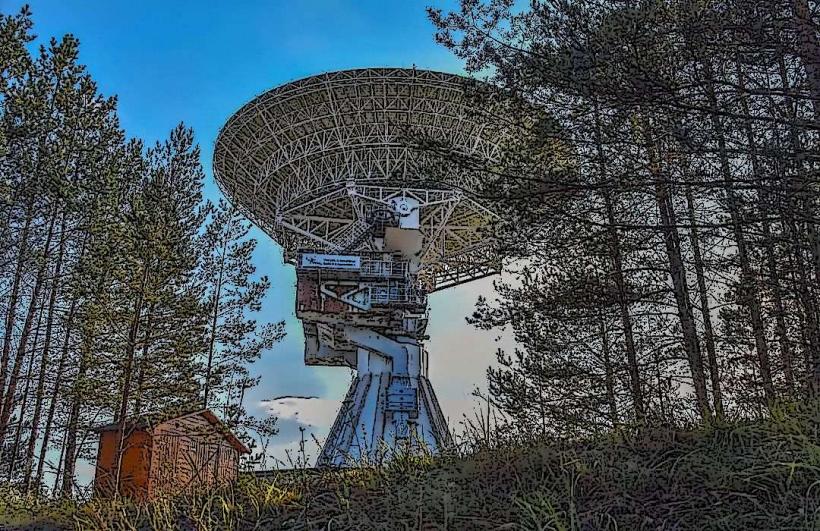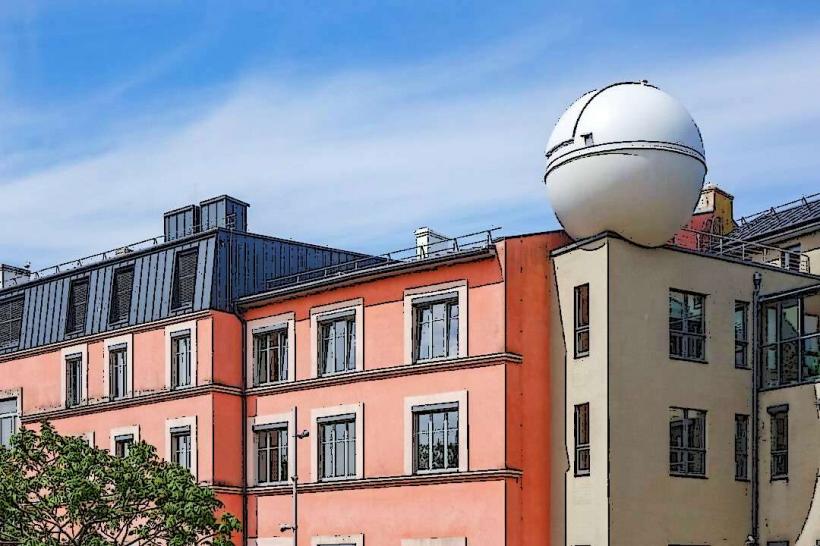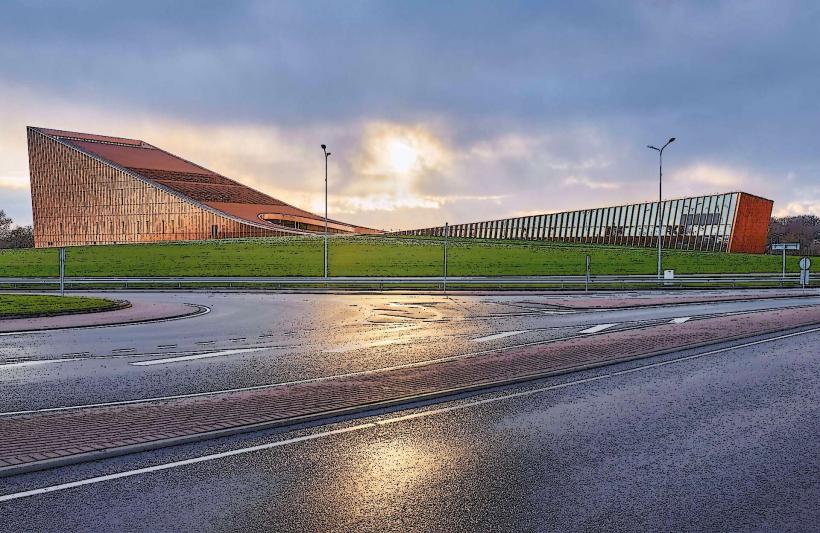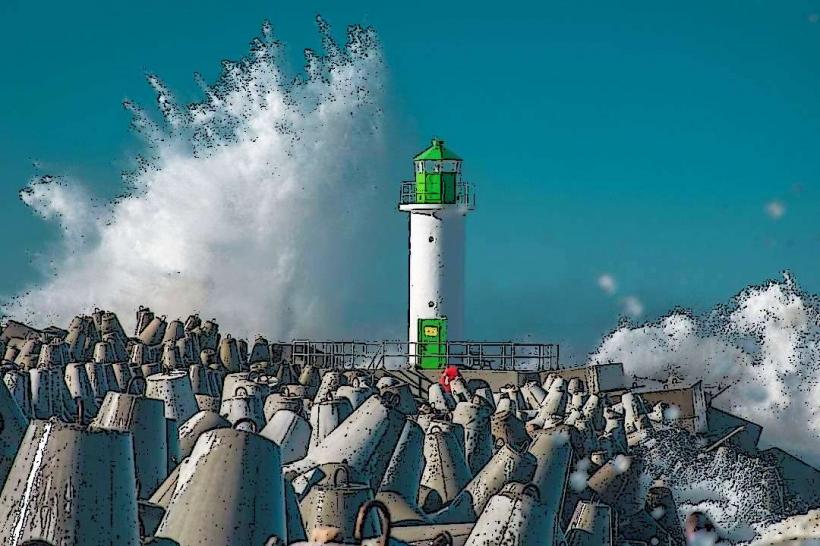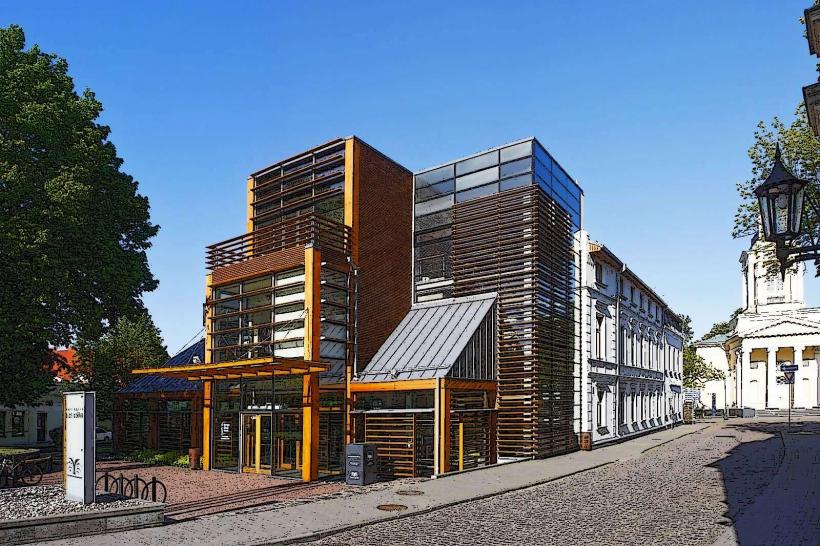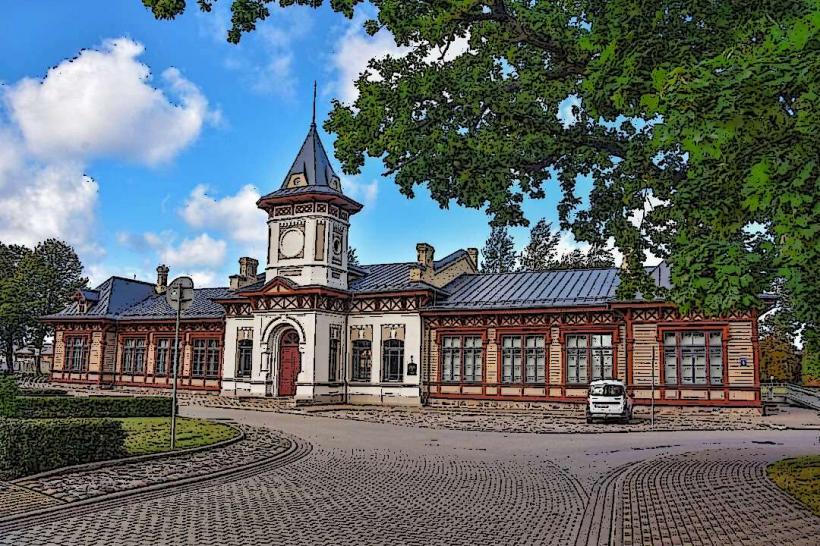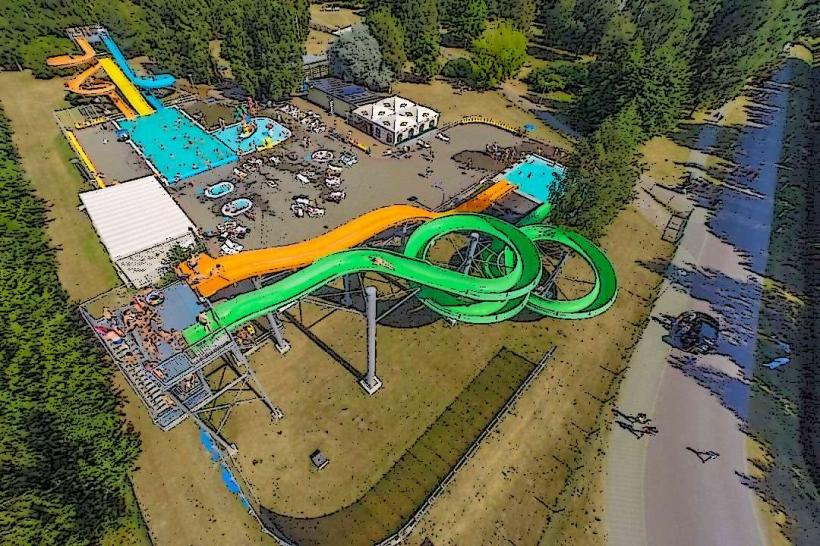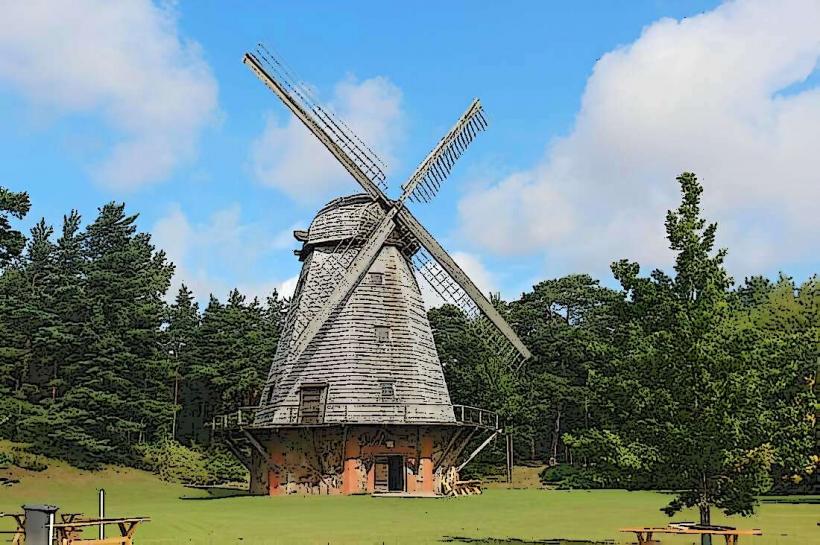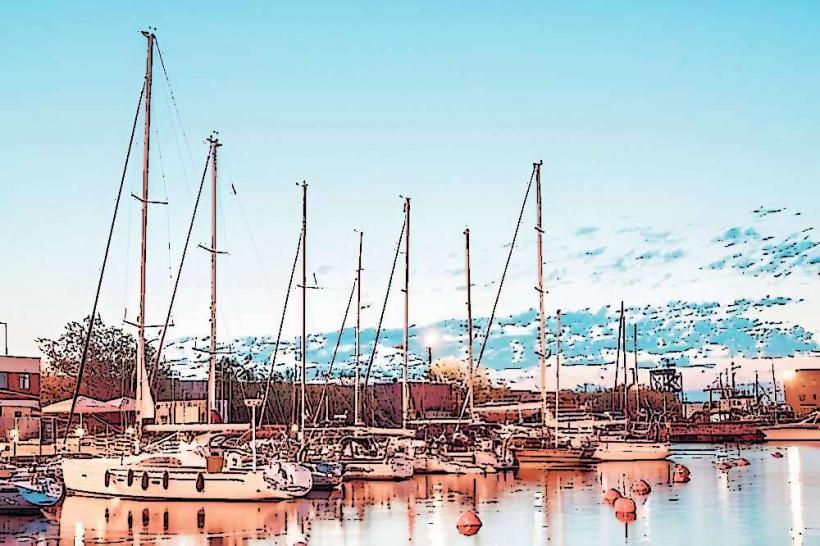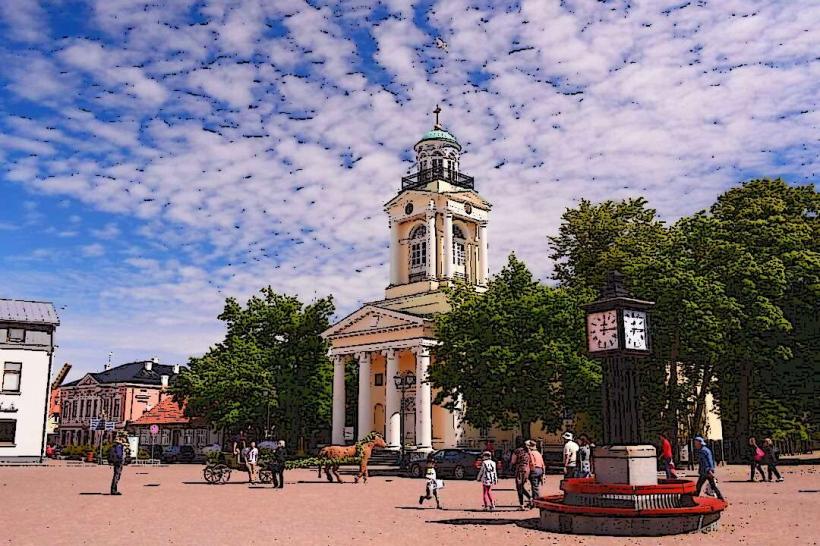Information
Landmark: Ventspils Open air MuseumCity: Ventspils
Country: Latvia
Continent: Europe
Ventspils Open Air Museum (Ventspils Brīvā Gaisa Muzejs) is a captivating cultural site that offers a deep dive into the rural life and traditions of Latvia, particularly focusing on the local heritage of the Ventspils region. Located in the city of Ventspils, the museum is an open-air exhibition that features a range of historical buildings, artifacts, and displays that showcase traditional Latvian rural life, craftsmanship, and agricultural practices.
Key Features of Ventspils Open Air Museum
Historical Buildings and Exhibits:
- The museum is spread across a spacious outdoor area, with numerous authentic buildings and structures representing different periods of Latvian history. These include farmhouses, barns, windmills, and workshops that were once used by the local rural population.
- Many of the buildings have been relocated from surrounding areas and restored to preserve their historical authenticity. Visitors can step inside these structures to explore what life was like for rural Latvians in centuries past.
Traditional Crafts and Artisanal Work:
- A significant portion of the museum is dedicated to showcasing traditional crafts and artisanal work. These include exhibits of woodworking, blacksmithing, weaving, and other traditional Latvian handicrafts. Some of the demonstrations allow visitors to see the craftspeople at work, providing a hands-on, interactive experience.
- The museum emphasizes the cultural significance of these crafts in Latvian history, offering insights into how local people relied on their skills to support daily life and create utilitarian objects.
Agricultural Exhibits:
- The agricultural section of the museum features tools, equipment, and exhibits related to farming life in Latvia. There are displays of traditional farming tools used for tasks like plowing, sowing, and harvesting. The museum also features a range of historic farming vehicles, such as carts, plows, and wagons, demonstrating the evolution of agricultural practices in the region.
Traditional Latvian Folk Culture:
- The museum also highlights various aspects of Latvian folk culture, such as clothing, music, and festivals. Exhibits include examples of traditional Latvian costumes, decorative arts, and folk instruments, offering a glimpse into the everyday life and cultural expressions of the past.
- Visitors can also learn about Latvian folk traditions, including celebrations, customs, and festivals that have been passed down through generations. The museum often hosts folk music performances, workshops, and cultural events to immerse visitors in the country's living traditions.
Farm Animals and Domestic Life:
- The museum's grounds include several farm animals, which help recreate a traditional Latvian rural environment. Visitors can see animals like chickens, goats, sheep, and horses—a reminder of the important role animals played in the daily lives of rural Latvians.
- Some parts of the museum are set up to showcase domestic life in the past, with reconstructed kitchens, living rooms, and storage areas that illustrate how people lived in these historic buildings.
Natural Surroundings and Scenery:
- The museum is situated in a scenic location, surrounded by nature. The outdoor environment complements the museum’s exhibits, providing a peaceful and tranquil atmosphere for visitors to enjoy.
- There are well-maintained walking paths throughout the museum, allowing guests to explore the grounds at their own pace and enjoy the beauty of the surrounding landscape.
Interactive and Educational Programs:
- The museum offers a range of interactive programs for visitors, including hands-on workshops where they can try their hand at traditional crafts, such as pottery, weaving, or bread baking.
- The museum also provides educational tours led by knowledgeable guides who can explain the history of the museum's collections, the significance of the buildings, and the traditional practices on display.
- For children and families, the museum hosts educational activities and programs that make learning about history and culture fun and engaging.
Cultural Events and Festivals:
- Throughout the year, the museum hosts a variety of cultural events and seasonal festivals, including harvest celebrations, Christmas markets, and medieval fairs. These events often feature live performances, traditional music, folk dances, and the opportunity to purchase handmade crafts and local goods.
- During the summer, the museum organizes events such as open-air concerts and crafts fairs, giving visitors a chance to experience Latvia’s cultural heritage in an engaging and lively setting.
Café and Gift Shop:
- The museum includes a traditional café, where visitors can enjoy homemade dishes made from local ingredients, offering a taste of Latvian rural cuisine.
- A gift shop on the premises sells a variety of handmade goods, such as artisan crafts, local produce, and folk art. These items are perfect souvenirs for those wishing to bring a piece of Latvia’s cultural heritage home.
Accessibility and Visitor Information
- Opening Hours: The museum is typically open year-round, with extended hours during the summer months when cultural events and festivals are held. It’s best to check for specific opening hours or event schedules on the museum's official website.
- Ticket Prices: Admission fees are generally affordable, with discounts for students, seniors, and families. Group tours are also available at special rates.
- Location: The Ventspils Open Air Museum is located in the city of Ventspils, making it easy to access from the city center. It is situated in a spacious natural setting, which adds to the overall experience of the visit.
- Public Transport: The museum is accessible by car, and public transport options are available, though it's often easier to reach by private transport or bike due to its location outside the immediate city center.
Conclusion
The Ventspils Open Air Museum offers a unique and immersive experience, showcasing the rich cultural heritage of Latvia’s rural life. With its historical buildings, traditional crafts, agricultural exhibits, and interactive programs, it provides an educational and enjoyable experience for visitors of all ages. Whether you're interested in Latvian folk culture, traditional craftsmanship, or rural history, the museum offers a fascinating journey into the past, set against the beautiful backdrop of Latvia’s natural landscape.

